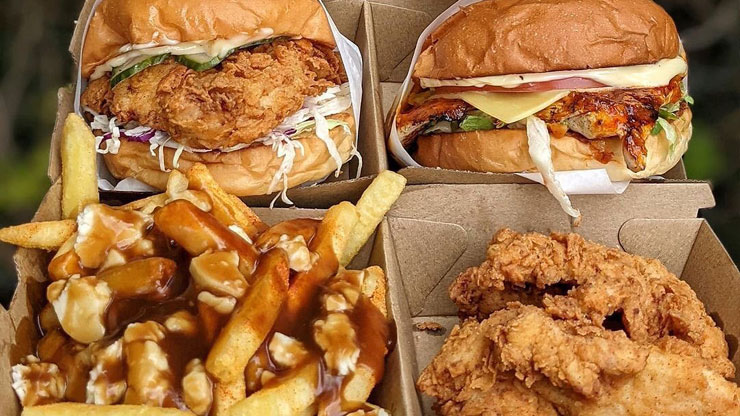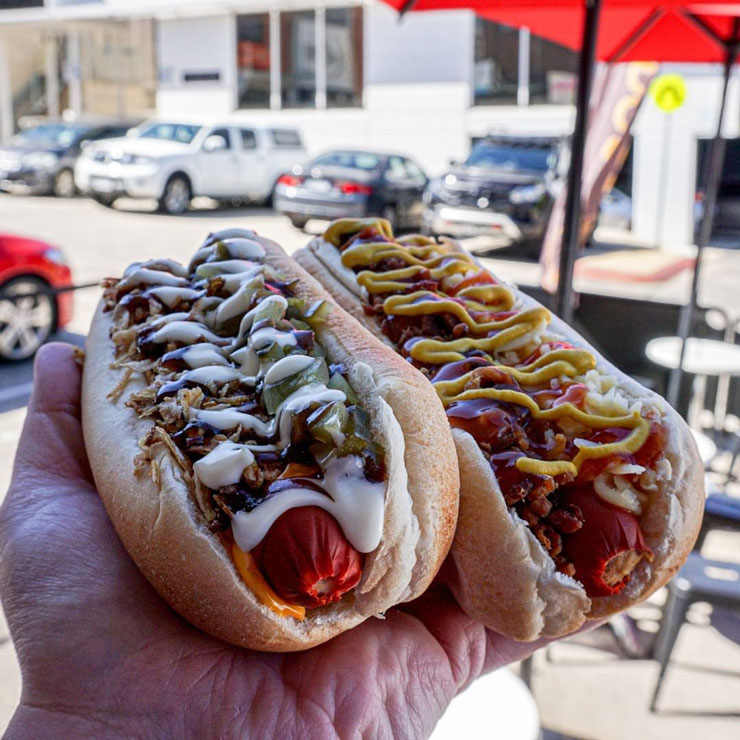
Nothing tastes better than something you’re not supposed to have, right? And if you’re watching what you eat—either to shed some fat or simply improve your nutrition—then you have at least heard of (or fathomed having) a cheat meal. Or a cheat day. But if you’re going to cheat, is it better to just give in and have one big meal filled with the bad stuff you’ve been longing to eat? Or should you throw caution to the wind and eat what you want for the entire day?
Cheating 101

Cheating on your diet plan is meant to be a planned activity to break the rules for a specific amount of time—usually one meal but not uncommonly, an entire day. The premise here is that if dieters regularly allow themselves to indulge their food cravings or desires, they will be more successful staying the course for the long haul.
A cheat meal is a single meal that goes against the guidelines of your chosen diet plan, usually incorporating high-calorie, high-carb, sugary foods. A cheat day is a free-for-all of food—an entire waking day of stuffing your face with food you normally aren’t allowed to have, per your diet plan anyway.
Which is Better?

In theory, cheat meals are preferential to cheat days because, with a cheat meal, you’re “one and done.” You eat what you want for an entire meal, and then you get back on plan. No ifs, ands, or buts involved. With a cheat day, you may find yourself more apt to stay “off the wagon” instead of hopping right back on. This is especially true if you are a novice when it comes to eating better or eating according to a plan, whether that means giving up sugar or carbs, ridding your diet of foods that cause inflammation, eating to reduce hypertension, or some other diet regimen.
The truth is that a planned indulgence can be a motivator to stay on track with your eating plan. But that’s only if you don’t fall victim to the temptation to throw your diet plan out the window altogether. Cheat days/meals can encourage unhealthy eating behaviors, especially when you’ve chosen a diet plan that requires a lifestyle commitment—such as keto or an anti-inflammatory diet. And beyond that, “cheating” on your diet is insinuating that you’re not in control of what you eat—yet self-control is what is needed most to stick to a healthy eating plan. If you cheat on something—in this case, yourself—you’re probably going to have feelings of guilt, which is a trigger to eat more in many people.
Some nutritionists suggest reframing the notion of the cheat meal with that of a treat meal. This reduces the association of guilt that comes with cheating, creating a more positive slant on the whole concept.
Should You Cheat, or Not?

Like the biblical lore of the apple that tempted Adam, cheat days linger as a possibility for dieters everywhere. Whether you choose to cheat or not is a personal preference, and whether you should go for just a single cheat meal or a whole day of unfettered cheating is totally up to you. However, if you have trouble regulating what you eat, problems with self-control, or a history of disordered or binge eating, then you should probably avoid the cheat meal/day. Otherwise, just be mindful of how cheating makes you feel afterward and be prepared to deal with the consequences.